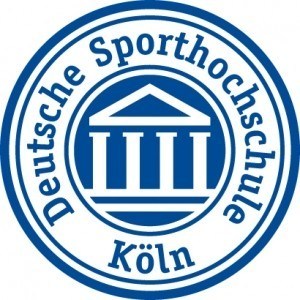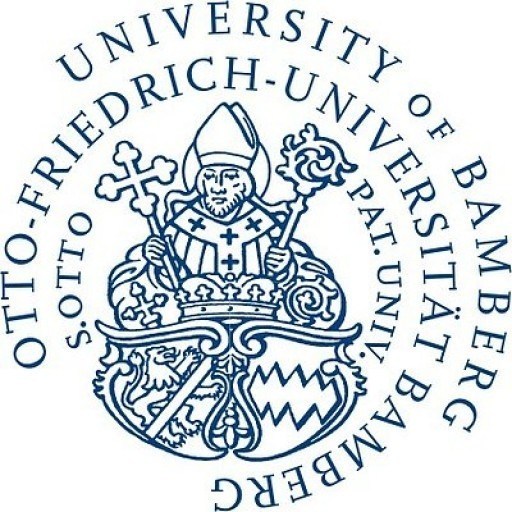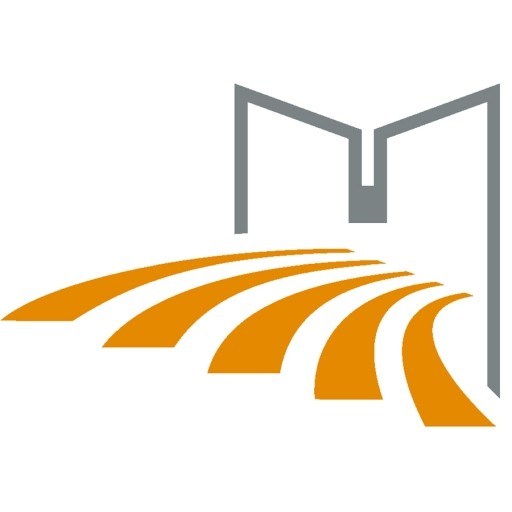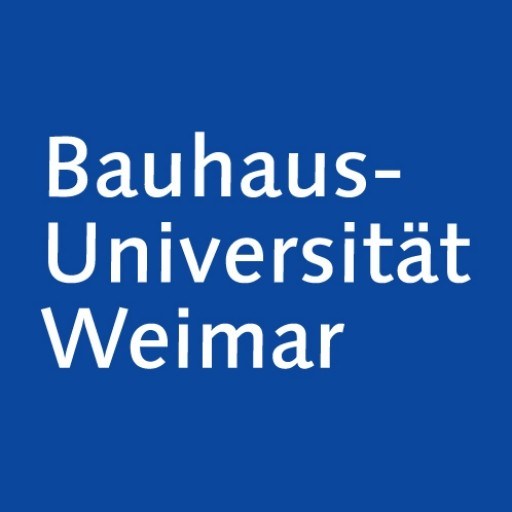The Intercultural Communication and European Studies (ICEUS) program at Fulda University of Applied Sciences offers students a comprehensive education that prepares them for the globalized world by combining language skills, intercultural competence, and European integration knowledge. This bachelor’s degree program is designed to equip students with the ability to analyze and manage intercultural communication processes, understand European political, economic, and social structures, and develop practical skills applicable in international contexts. The curriculum features a balance of theoretical foundations and practical applications, including courses in intercultural communication, European integration, foreign languages, international politics, and cultural studies. Students have the opportunity to deepen their understanding of European history, institutions, and legal frameworks, while also enhancing their intercultural sensitivity and communication skills through communication labs, projects, and internships. The program emphasizes experiential learning, encouraging students to engage with real-world challenges through case studies, intercultural simulations, and exchange programs. Students are prepared for careers in international organizations, European institutions, commerce, tourism, media, education, and diplomacy, where intercultural competence and European knowledge are highly valued. The program is taught in English, fostering an international learning environment and promoting language proficiency alongside academic development. Graduates will be equipped to operate effectively in diverse cultural settings, contribute to European integration efforts, and pursue advanced studies in related fields. The ICEUS program at Fulda University aims to develop globally oriented graduates who are capable of contributing actively to intercultural dialogues and European integration initiatives worldwide.
Educational organisation
The programme is research-oriented, but much emphasis is also put on the application of practical skills in areas such as intercultural training, languages, modern technology, presentation, individual study, teamwork, etc.
In most classes, the ICEUS students study together in one group, which allows them to gain an intense intercultural experience. In addition, various classes are offered which bring them together with other students.
Field trips to Brussels and Strasbourg are organised on a regular basis.
After the first two semesters, students undertake a compulsory internship of ten weeks. The third semester is reserved for in-depth studies and reflection upon the internship experience. The Master's thesis is written during the fourth semester; in this period, students are not required to be present in Fulda.
12 course modules must be completed to finish the programme successfully. A module overview and more detailed information on all subjects are available on the programme's website.
A special Pre-Study Programme is offered for ICEUS applicants. This programme provides advanced preparation for students from abroad who want to "warm up" for their future studies in Fulda.
Programme: German and English language courses, prep courses in the field of communication, European studies and methods and techniques of academic work plus an introduction to the higher education system of Germany. Priority is assigned to Master's applicants.
Duration: four and a half months, 450 hours
Fee: 850 EUR and 500 EUR without language course
Semester: only offered during the summer semester (April-July)
More information: https://www.hs-fulda.de/en/international/international-office/ways-to-fulda/study-preparation/pre-study-fulda
Study abroad unit(s)
After the second semester, students undertake an internship of 10 weeks in a public institution or in a social or economic organisation which has strong international ties. The internship, as a rule, should take place outside the student's home country.
Internships
A 10-week internship must be completed during the summer break between the second and the third semester. It may take place in an international organisation (public institution or social or economic organisation) or in the international activities section of a nationally based organisation. The internship should not take place in the home country of the programme participant.
Students are professionally supported in their efforts to find an internship position.
Forms of assessment
Written/oral examinations, papers, presentations and practical collaborative/group projects
Course objectives
The programme prepares graduate students for careers in supranational and national organisations such as NGOs, professional and industrial associations, public institutions, or administrative bodies which are active internationally, especially in Europe. For positions in these organisations applicants must not only have a profound knowledge of the corresponding complex organisational structures, they must also have the ability to communicate effectively with speakers of other languages and cultural backgrounds. Additionally, applicants to such organisations should be familiar with the background, framework and future perspectives of European integration. Programme participants also acquire the means to deal with the special challenges of the further enlargement of the European Union (EU) and the increasing economic and political significance of the EU in a global context.
In the field of "Intercultural Communication" students are trained to master professional intercultural situations with skill and sensitivity. The ability to methodically and theoretically conceptualise current research issues is the basis of this area. Additionally, "Intercultural Communication" qualifies students for in-depth scientific research.
"European Studies" offer students an opportunity to strengthen their knowledge of the fundamental, historical, socio-cultural, economic, and additionally, the judicial and political dimensions of the European integration process while providing them with the necessary skills to act professionally and reflectively in concrete fields. Also, the programme actively qualifies students for scientific analysis in the field of regional integration.
"Organisation and Internationalisation" aims to sensitise students to the increasing challenges internationally-oriented organisations are facing and furthermore strives to familiarise them with creative approaches to meet these special challenges.
Language requirements
Certification of good proficiency in both German and English, e.g. a TOEFL iBT score of at least 79 and TestDaF level 3 in all sections of the examination (or TestDaF level 4 in all sections of the examination and a TOEFL iBT score of at least 61)
Native speakers of German need a TOEFL iBT score of at least 79, native English speakers need TestDaF level 4 in all sections of the examination (or DSH-2).
Required DSH / TestDaF
Yes
Academic requirements
First degree (Bachelor's or German "Diplom") in social, cultural or legal studies or humanities A maximum number of 30 students can be enrolled each year.
Enrolment fees
The enrolment fee of approx. 360 EUR entitles you to use public transport in Germany.
Costs of living
Approx. 950 EUR per month, including enrolment fee, rent and health insurance (120 EUR minimum per month), depending on one's living standard
Job opportunities
There are good job opportunities in the nearby Rhine-Main area, which is one of the strongest employment regions in Germany. Teaching assistantships can be offered to good students.
The university itself offers 60-70 student tutoring jobs at the faculties, the university library, and other departments, especially to international students.
Funding opportunities within the university
Scholarships are available for students preparing their Master's thesis; one-off grant of up to 1,000 EUR for the final semester.
Prerequisites: good results and/or extra-curricular activities
Some of the Master's programmes offer special scholarships. More Information available on the respective website of the Master's programme.
Arrival support
- Pre-arrival assistance, i.e. visa support
- Orientation week takes place prior to the start of the programme, including pick-up service at Fulda train station and intercultural training. For students of the Master in Global Software Development, the orientation takes place at the beginning of the compulsory four-week intensive German language course prior to the start of the programme.
- Assistance with accommodation and with administrative formalities is offered.
Services and support for international students
- A Buddy programme organised by the International Office for all new international students. The German buddy introduces the new student to the social and academic sides of student life at Fulda University.
Support during the studies:
- German classes on different levels from four hours/week up to 20 hours/week ranging from beginners courses to advanced levels including DSH trainings; free of cost
- A job programme for all international students, which assists them in finding a job as student tutor at the university or outside the university at weekends or during the semester vacations
- Leisure and cultural activities - for example, film and board game nights or international dinners
- Excursions to different sights in Germany like Berlin, Munich, or the River Rhine
Assistance at the end of the studies:
- Career service for international graduates from Fulda University seeking employment on the German labour market.
Accommodation
- Accommodation service through the International Office for all non-EU students from abroad; costs for accommodation approx. 240-320 EUR for a single room in a shared flat, or 250-350 EUR for a single apartment
For more information on the International Office, international students, and housing, see: http://www.hs-fulda.de/io.








